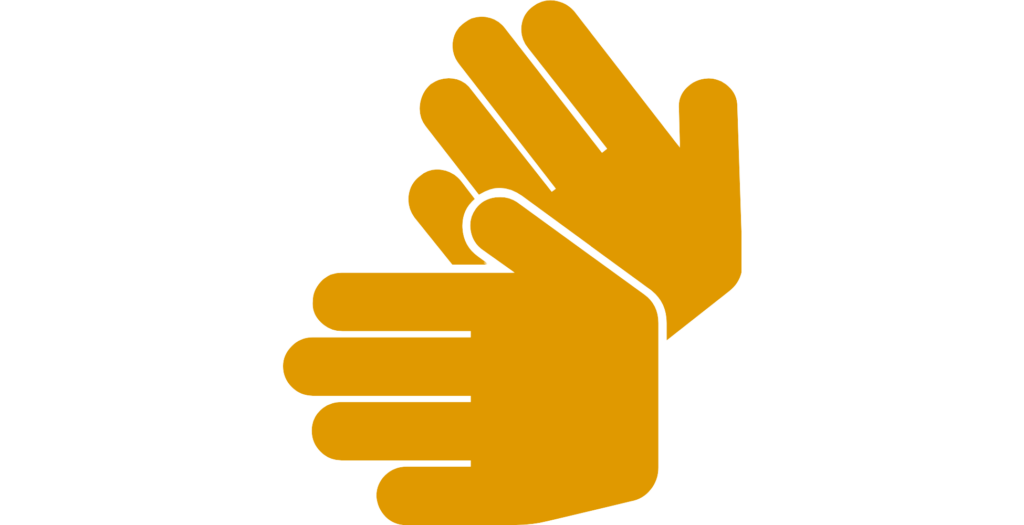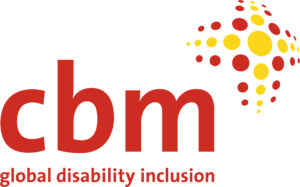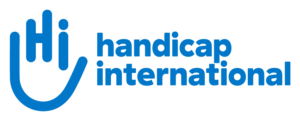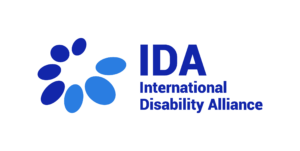SDDC ist ein Netzwerk mit Sitz in der Schweiz, das sich für die Rechte und die Inklusion von Menschen mit Behinderungen in die internationale Zusammenarbeit der Schweiz einsetzt.
Copyright CBM
Was ist neu?
Anlässlich des Internationalen Tages der Menschen mit Behinderungen führt Mirjam Gasser von der CBM Schweiz ein Interview mit Laxmi Devkota über die Situation in Nepal für Menschen mit Behinderungen während der COVID-19-Pandemie.
Wie hat sich die Situation für Menschen mit Behinderungen in Nepal seit dem Ausbruch der COVID-19-Pandemie entwickelt?
Video transcription
Mirjam Gasser from CBM Switzerland asks:
It has been one year since you have been in Switzerland for the international Day of Persons with Disabilities. A lot has changed apparently in the world since then with the onset of the covid-19 pandemic. So, I’m wondering: How is the situation of persons with disabilities in Nepal since the outbreak of the pandemic?
Laxmi Devkota from the Nepal Disabled Women’s Association responds:
Thank you for your question. And also thank you for choosing me. I’m really happy to be part of this interview about this situation.
When the coronavirus pandemic started here in Nepal and the Nepal government suddenly decided for the lockdown many people, including persons with disabilities, worried about what’s was going to happen. When they said this lockdown is going to happen many policemen were on the roads. People were not allowed to walk on the road. Even the shops were only open for two to three hours. During that time. the shops and the markets were crowded.
So persons with disabilities including blind people, deaf people and wheelchair users etcetera, they could not reach out to the shops keepers and they could not reach out to buy the things they wanted because it was really hard for them to get access to the shop keepers. So we were all worried.
There are many people who have come to Kathmandu from other valleys who are persons with disabilities. They were here for their education and their jobs. All the things were closed, and the transportation was closed as well, so they could not go back to their homes. They did not have any support and it was a really hard time for them to cope with the situation.
And especially there were many psychological situations going on out here. We were having problems. I think, women with disabilities have suffered a lot throughout this lockdown.
Welchen Barrieren sind Frauen und Mädchen mit Behinderungen ausgesetzt?
Video transcription
Mirjam Gasser from CBM Switzerland asks:
Can you tell us a little bit more about the barriers that women and others with disabilities are facing during the pandemic?
Laxmi Devkota from the Nepal Disabled Women’s Association responds:
Yes. Number one thing is the barrier to their employment. Number two: Access to the market. Three: They could not refill their groceries; they could not have their basic needs during this lockdown. It was difficult for them to survive and get the things they wanted.
And the other thing is the psychological effect on the disability community. And another thing is also during this lockdown there are many cases of domestic violence and other types of violence.
And also, they have not been able to go to the hospitals. Even if they had to go to the hospital for the regular check-up, the hospital would ask for the PCR-Test to be done and that also the results should be negative. It was really difficult for them to cope with – in every area.
Wie hat sich Ihre persönliche Situation während der COVID-19-Pandemie entwickelt? Welche Herausforderungen haben Sie persönlich erlebt?
Video transcription
Mirjam Gasser from CBM Switzerland asks:
How has your personal situation been during this pandemic so far? What have been challenges for you personally?
Laxmi Devkota from the Nepal Disabled Women’s Association responds:
Talking about myself, it was also quite hard for me because it has affected me psychologically, mentally. During this time there were many communicational problems. There was much information that was disseminated by the government
talking about the guidelines and everything related to coronavirus. But due to the communication problems, because, initially, there was no sign language interpretation service provided by the Nepal government and we did not have access to the information going around.
The one thing I’d like to share is that: I used to go to the market and every person were wearing masks. Even I was wearing a mask. It’s mandatory. But what happens is that: If they are wearing a mask – If I ask them about the price and about certain things and they would wear a mask and talk, it was really hard for me to understand what the price tag was and what they were saying to me because I cannot listen and they are wearing a mask. It was difficult for me to connect and communicate with the shop keepers. And they would not even look at me while saying the price. And also, there is not the tendency of giving the correct information through the written format or any other format for telling the price tag of certain things. So, I used to return home taking nothing with me.
And also, in addition, we had almost lost the communication with most of our family members because we were not able to meet, and we were not able to see and check up on them. It was really a mental pressure as well.
Heute ist der Internationale Tag der Menschen mit Behinderungen. Was ist die wichtigste Botschaft, die Sie an die Schweizer Regierung bezüglich der Situation von Menschen mit Behinderungen in Nepal richten möchten?
Video transcription
Mirjam Gasser from CBM Switzerland asks:
Today is the International Day of Persons with Disabilities. What is one key message that you would like to address towards the Swiss Government on the situation in Nepal regarding persons with disabilities?
Laxmi Devkota from the Nepal Disabled Women’s Association responds:
I think, for the international disability day, it’s good that we all celebrate this day every year. Even here in Nepal, we celebrate this through our different slogans and programmes. We do rallies. We also do awareness programmes during this day.
Maybe we should try more reaching out to the woman with disabilities in the rural areas as well. I think that’s the most important thing for now: to reach out.
Maybe the Swiss government could also contact or collaborate with the Nepal government to know the exact situation.
Mirjam Gasser from CBM Switzerland intervenes and asks:
What you are saying is actually to leave no one behind and to reach out to regions and to those who live far from the center, right?
Laxmi Devkota responds:
Yes, that’s it exactly. I think, we should reach out to every people because there are many people in the rural areas who cannot be reached. So, I think we should all come up together for this.
[custom-twitter-feeds]
Schlüsselbotschaften
Wie kann die Schweiz die Rechte von Menschen mit Behinderungen im Globalen Süden sicherstellen?

Gebärdensprache DSGS

Ohne Richtlinien keine Priorität. Die Schweiz braucht Richtlinien, um die Inklusion von Menschen mit Behinderungen in ihrer internationalen Zusammenarbeit zu steuern. Die derzeitigen Bemühungen zur Inklusion von Menschen mit Behinderungen sind zu wenig umfassend, ad hoc und meist segregierend.

Nichts über uns ohne uns! Die Schweiz muss die volle und aktive Partizipation von Menschen mit Behinderungen auch in der internationalen Zusammenarbeit sicherstellen. Sie muss Massnahmen treffen, die die Teilnahme von Menschen mit Behinderungen ermöglichen.

Was nicht gezählt wird, zählt auch nicht. Die Schweiz hat sich verpflichtet, bei der Datenerhebung eine Vorreiterrolle einzunehmen, aber sie erhebt in ihren internationalen Programmen nicht systematisch und aufgeschlüsselt Daten zu Menschen mit Behinderungen.

In humanitären Krisen niemanden zurücklassen. Menschen mit Behinderungen sind in humanitären Krisen überdurchschnittlich stark betroffen. Die Schweiz hat sich verpflichtet, ihre humanitäre Hilfe inklusiv zu gestalten. Es ist aber nicht klar, wie sie ihren Verpflichtungen nachkommt.

Ohne Budget keine Fortschritte. Die Schweiz muss für die Inklusion von Menschen mit Behinderungen in ihrer internationalen Zusammenarbeit finanzielle Mittel bereitstellen und sich verpflichten, keine Programme und Dienstleistungen zu finanzieren, die Menschen mit Behinderungen ausgrenzen.




